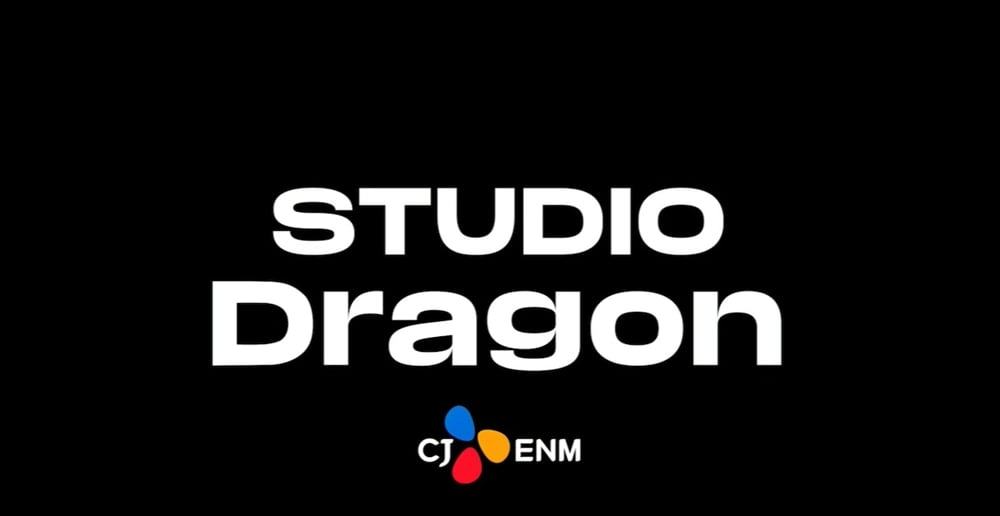Surge in South Korean Entertainment Stocks Amid Presidential Campaign Promises
On Friday, shares of leading South Korean entertainment companies saw a substantial increase after front-runner presidential candidate Lee Jae-myung announced plans to significantly boost government support for cultural exports and enhance tax incentives for the entertainment industry. This spike in interest towards the K-culture sector highlights its relevance and resilience against international trade challenges.
Political Promises and Their Impact on the Cultural Goods Market
Lee Jae-myung, who is considered a leading contender for the presidency in the upcoming June 3 elections, stated on his social media platforms that he intends to sharply increase the budget allocated to the culture and entertainment industry. Among the key measures are expanding tax incentives and supporting the export of Korean cultural products to international markets.
Such initiatives garner significant attention from investors, especially as the sector has demonstrated impressive growth since the global success of projects like Netflix's "Squid Game", which reshaped the perception of Korean culture on the world stage. While the initial excitement may be waning, opportunities for further development remain strong, bolstered by new political commitments and active industry participation.

Stock Market Highlights — Key Players with Rising Share Values
In light of these developments, several key players in the South Korean entertainment sector experienced notable stock gains:
KidariStudio Inc. $020120.KS — Specializing in creating online comics (webtoons), the company saw its shares spike by 15% during trading sessions in Seoul, reflecting market confidence in the potential of digital content.
YG Entertainment Inc. $122870.KQ — One of the largest K-pop agencies managing popular artists and groups. Shares rose by 5%, indicating positive market response to enhanced industry support.
Dragon Corp. $253450.KQ — A production studio focused on creating Korean dramas. Its stock prices increased by 4.4%, confirming investor interest in the video content segment.
Why K-culture is Becoming a Safe Asset Amid Economic Instability
The cultural industry sector in South Korea draws attention not only due to political promises but also owing to its resilience against global trade wars and tariff conflicts. Media and entertainment companies typically face fewer external economic pressures, particularly from quotas and tariffs.
Advantages of developing K-culture in the global market include:
The ability to directly access international digital platforms such as Netflix and YouTube;
Growth in cultural goods exports, encompassing music, television shows, and original online comics;
Significant potential for growth through innovative formats and a continually expanding global audience.

Industry Growth Prospects Under New Government Leadership
Should Lee Jae-myung win the election, a major budget redistribution in favor of the culture and entertainment sector is expected, creating additional opportunities for local companies and attracting new investments.
Key benefits of such measures include:
Increased competitiveness of Korean cultural exports;
Accelerated development of the digital segment and support infrastructure expansion;
Creation of a favorable tax environment that encourages innovation and business growth.
Final Insights
Support for the culture and entertainment industry is a crucial trend in South Korea's economy, receiving renewed attention as elections approach. Stocks of K-culture companies reacted to the candidate's declarations with notable gains, underscoring investor confidence in this sector and its potential. The particular resilience of the industry to external economic shocks and its robust domestic dynamics render entertainment companies an attractive object for long-term market observation.















Comments